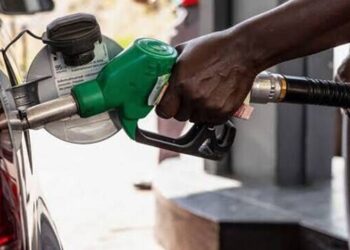By Ebi Kesiena
Zimbabwe’s governing party on Saturday declared President Emmerson Mnangagwa as its candidate for next year’s presidential election. Mnangagwa came to power in 2017 after generals forced long-time ruler Robert Mugabe to resign.
The ruling ZANU-PF on Saturday handed 80-year-old Mnangagwa a five-year term as party leader during its annual congress.
“I wish to express my profound gratitude for electing me and endorsing me as the party’s sole (presidential) candidate,” Mnangagwa said at the event.
No date for the presidential election has been set but the vote is expected in the first half of 2023. In 2018 Mnangagwa won disputed elections that his main rival Nelson Chamisa insists were rigged to hand him power.
“Our party stands solid, rejuvenated and unshakeable. ZANU-PF is ready. Nothing will stand in our way,” Mnangagwa told some 3,000 delegates at the congress in Harare.
Wearing a bright yellow jacket emblazoned with his portrait and matching baseball cap, Mnangagwa urged his supporters to shun violence.
“Never grow tired of preaching unity. Never grow tired of preaching peace. We reject violence. It’s alien to ZANU-PF.”
ZANU-PF has been accused in the past of using violence and intimidation to instill fear in opponents during elections. Last week opposition activists including a lawmaker sustained injuries in attacks by alleged ZANU-PF activists. Mnangagwa has also been accused of using the courts to crackdown on dissent with two opposition lawmakers and 16 opposition supporters languishing in prison since June over accusations of violence.
Prominent author Tsitsi Dangarembga and a friend were last month convicted by a court after their arrest in 2020 while carrying placards calling for reforms.
When Mnangagwa came to power, he pledged to revive Zimbabwe’s moribund economy and mend ties with Western allies who had turned their backs on the country and imposed sanctions on individuals aligned to ZANU-PF. The economic woes which plagued Mugabe’s era have largely remained. Efforts at re-engaging with the West were scuttled after six people were gunned down and several more injured when soldiers were deployed to quell poll-related protests in 2018.




































